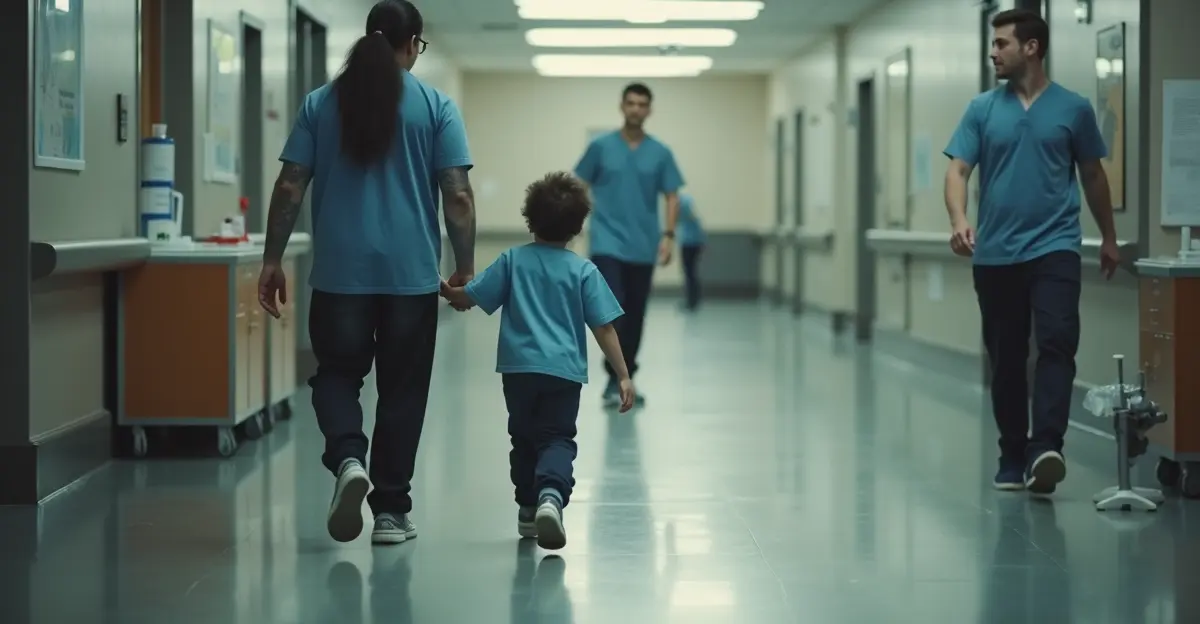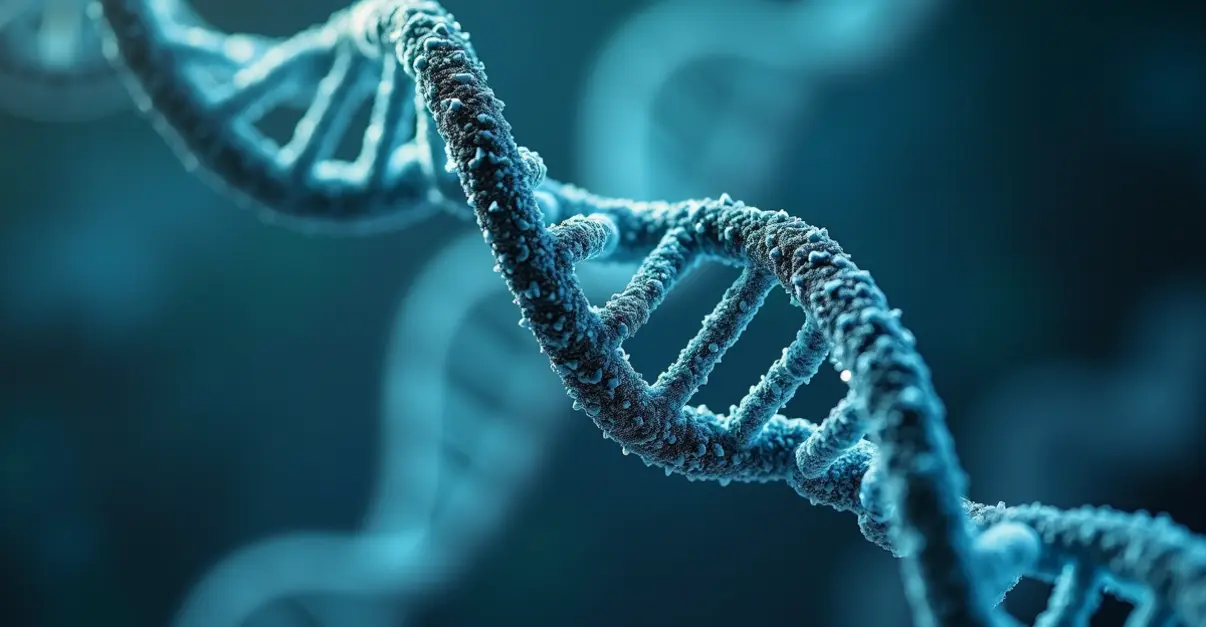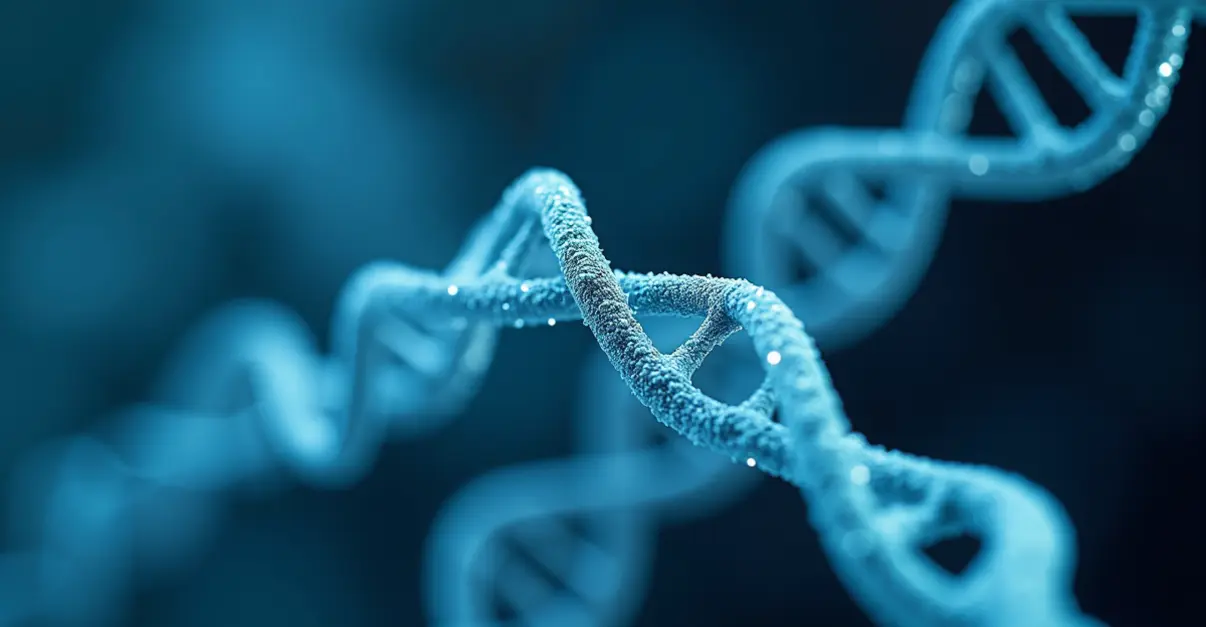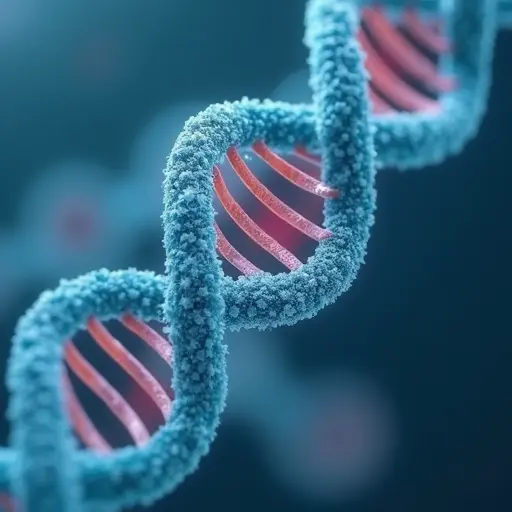Breakthrough Results in Duchenne Muscular Dystrophy Treatment
New clinical trial data from 2025 reveals that gene therapy for Duchenne muscular dystrophy (DMD) is delivering significant improvements in patient mobility and muscle function. The EMBARK trial, which evaluated delandistrogene moxeparvovec (Elevidys), showed sustained benefits over two years, marking a potential turning point in treating this devastating genetic disorder.
Sustained Functional Improvements
The latest results demonstrate statistically significant and clinically meaningful improvements across multiple functional measures. Patients treated with Elevidys showed a 2.88-point improvement in North Star Ambulatory Assessment scores, faster rise times from the floor by 2.06 seconds, and improved 10-meter walk/run times by 1.36 seconds compared to control groups. 'We're seeing functional differences between treated individuals and controls actually increase between years one and two, which suggests consistent, sustained benefit,' said Dr. Sarah Chen, a neuromuscular specialist involved in the trial.
What makes these results particularly promising is that the benefits appear to be growing over time. The therapy, which uses an AAV vector to deliver a functional version of the dystrophin gene, has shown robust mini-dystrophin expression increasing from baseline levels to over 34% at one year post-treatment.
Patient Stories: Regaining Lost Abilities
For families affected by DMD, these clinical improvements translate into life-changing experiences. 'My son went from struggling to climb stairs to being able to play catch in the backyard again,' shared Mark Thompson, father of an 8-year-old trial participant. 'We hadn't seen him run like that since he was diagnosed at age four.'
The therapy's impact extends beyond just mobility metrics. Parents report improvements in daily activities that were previously challenging - from getting dressed independently to participating in school activities without constant assistance.
Safety Considerations and Ongoing Research
While the functional results are encouraging, the therapy's safety profile remains under close scrutiny. Recent reports of two tragic deaths from acute liver failure in non-ambulatory patients have prompted enhanced safety protocols and temporary pauses in treatment for certain patient groups.
'We must balance the tremendous potential benefits with careful risk management,' explained Dr. Michael Rodriguez, a pediatric neurologist at Boston Children's Hospital. 'The key is identifying which patients will benefit most while minimizing potential complications.'
Current safety data shows that ambulatory patients generally tolerate the treatment well, with common side effects including vomiting, nausea, and temporary thrombocytopenia. However, the recent fatalities highlight the need for continued vigilance and improved monitoring protocols.
Broader Implications for Muscular Dystrophy Treatment
The success of Elevidys represents a significant milestone in the broader field of gene therapy for muscular dystrophy. Similar approaches are showing promise for other forms of the disease, including oculopharyngeal muscular dystrophy (OPMD), where BB-301 gene therapy has demonstrated substantial improvements in swallowing function.
Researchers are now exploring ways to extend these benefits to older patients and those with more advanced disease. The ongoing ENVISION trial and other studies aim to refine dosing strategies and identify optimal timing for intervention.
As Dr. Chen notes, 'We're not just slowing disease progression - we're seeing actual functional recovery in some cases. That's unprecedented in Duchenne treatment.'
The therapy's current approval covers ambulatory DMD patients aged 4 and over in multiple countries, including the United States, United Arab Emirates, and Brazil. With continued research and refinement, gene therapy could potentially extend mobility and independence for thousands of young boys affected by this progressive neuromuscular disease.
Sources: Roche EMBARK Trial Results, Nature Medicine Gene Therapy Study, Contemporary Pediatrics Clinical Data

 Nederlands
Nederlands
 English
English
 Deutsch
Deutsch
 Français
Français
 Español
Español
 Português
Português










